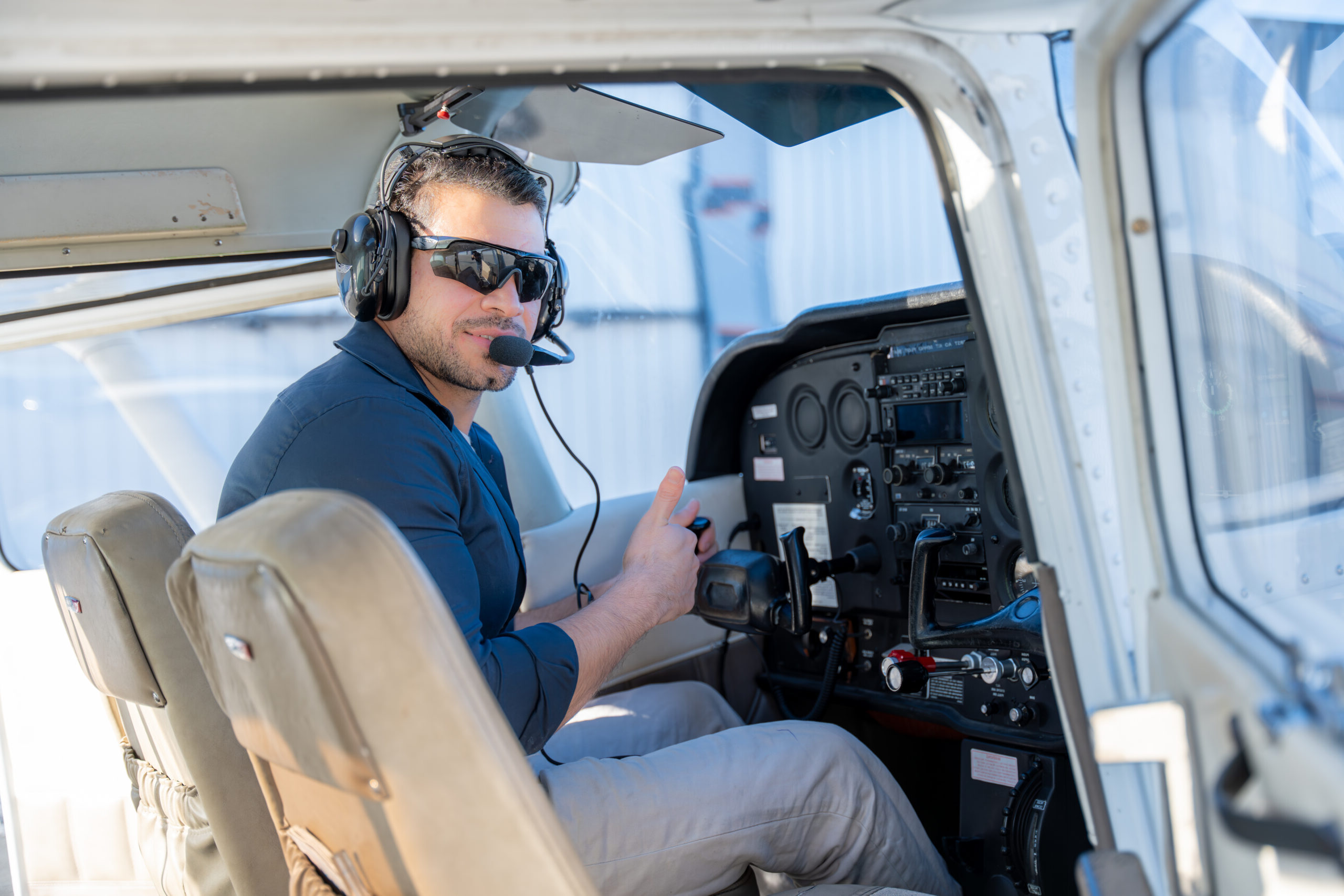Have you ever visited a healthcare setting and observed a few individuals working diligently throughout the day performing blood tests, monitoring patient signs, collecting specimens and carrying out various other tasks?
Do you wish to do the same tasks but in a medical laboratory? Well, then I assume that the main concern that has drawn your attention towards our page is, ‘can medical assistants work in labs?’
Therefore, to answer your query, we have written this article. From discussing the qualifications, training and essential skills required for a medical assistant to answering about the locations a medical assistant can work, we have got you entirely covered.
So, let’s get started!
Qualification and Training
The educational requirements for lab assistants in Canada to become a medical assistant include:
- High school graduation
- Associates Degree in Medical Assisting
- Diploma in medical assistance related courses such as medicine, anatomy, physiology, etc.
- Practical experience of an internship or training
- Certification in medical assistance
Apart from these qualifications, in order to work as a medical assistant, it is highly crucial to be trained to perform the clinical tasks effectively.
Some of the common specialized training that can be pursued in order to work as a medical assistant include the National Health career Association (NHA) or Certified Phlebotomy Technician (CPT).
Such training programs are important for a variety of reasons. Firstly, they provide individuals with practical experience of handling clinical as well as administrative tasks. Some common examples of training areas include guidance on collecting specimens, performing blood tests, effective handling of laboratory equipment, and ensuring that the safety and quality protocols are being accurately followed.
Therefore, these qualifications and training experience enhance an individual’s skillset, making them highly competitive in the job market.
Skills and Abilities:
As mentioned above, the job market for medical assistants is becoming highly competitive. Therefore, in order to maintain your strong position in the medical assurance career, it is crucial and highly beneficial to possess certain relevant skills to provide a competitive edge.
Some of the essential skills and abilities for medical assistants include
- Strong communication skills in order to be able to communicate the condition of patients with senior doctors or fellow medical assistants and to empathetically and professionally handle patient concerns.
- Ability to accurately assess the patient by monitoring the vital signs, checking blood pressure, performing ECG, or other similar clinical assessments.
- Skills to effectively handle administrative tasks such as timely scheduling appointments and maintaining medical records.
- A medical assistant must be tech savvy in order to use the medical software that is now commonly and widely used.
- A medical assistant must also be highly attentive to the minutest details to avoid any complexities and complications.
Can medical assistants work in labs?
Medical assistants work in various healthcare settings, including laboratories.
Job scope in laboratories
The job scope of medical assistance in labs include:
- Performing blood tests
- Collecting blood specimens
- Collecting urine samples
- Handling medical equipment
- Monitoring vital signs of a patient
- Conducting diagnostic tests such as ECG
- Ensuring that the safety and quality protocols are followed accurately
- Effectively communicating with the patients regarding the specimen or other clinical procedures
Variety of medical settings where lab work is prevalent:
- Hospitals
- Cardiology Clinics
- Gastroenterology Clinics
- Diagnostic Centers
Training Requirements for a Medical Assistant
As mentioned earlier in this article, training is highly crucial for medical assistance in order to be a competitive fit in the healthcare setting
Some of the basic training requirements include:
- Certification in phlebotomy
- Specialized laboratory assistant training program
- Being aware of industry practices and advancements
Regulations and compliance
In order to work as a medical assistant, there are certain regulatory standards for medical lab assistants in Canada that they are expected to follow.
Some of the Canadian regulations for medical lab assistants include:
- Quality Assurance
- HIPAA Compliance
- Occupational Safety and Health Administration Guidelines
Advantages and challenges
Benefits:
- Improvised laboratory operations
- Enhanced workflow efficiency
- Highly compassionate support to patients
- Accurate specimen collection and processing
- Increased teamwork
- Lowered risks an test result turnaround times
- Low salary requirement which makes the workflow cost effective
Challenges:
- Lack of training and education may cause high risks
- Frequently ensuring that regulatory compliance is are being followed as instructed
- Ensuring that the medical assistants are not exposed to hazardous and infectious materials in the laboratory
- Defining scope of practice to each medical assistant to avoid repentance of the clinical tasks.
Career Advancement Opportunities:
- Obtaining advanced certification
- Pursue a specialized training
- Gain practical experiences from various institutes
Conclusion:
Therefore, it can be concluded that a medical assistant has a wide scope of practice within a laboratory as well as in various other healthcare settings. However, as the job market is highly competitive, it is recommended for medical assistants to possess a unique skillset as well as avail of the required qualifications and training to excel in the field.
Working in laboratories not only enhances their work experience but also sharpens their ability to tackle complex clinical and administrative challenges.
I hope this article answered your question: ‘Can medical assistants work in labs?’
FAQs:
What qualifications do medical assistants need to work in labs?
Associates Degree in Medical Assisting, diploma in medical assistance related courses such as medicine, anatomy, physiology, etc., practical experience of an internship or training and certification in medical assistance.
Is additional training required for medical assistants to work in laboratory settings?
Additional training is not a mandatory requirement for a medical assistant. However, it is highly recommended if an individual desires to opt for a senior level position as a medical assistant.
Are there specific regulations for medical assistants working in labs?
Yes, there are specific regulations and compliances for medical assistants working in labs in order to ensure that the safety and quality standards are being followed.
What tasks can medical assistants perform in a laboratory?
A medical assistant can perform various tasks such as collecting blood specimens, performing blood tests, maintaining medical records, using medical software to monitor vital signs etc.
What are the potential challenges faced by medical assistants working in laboratory environments?
Lack of training and education may cause high risks, frequently ensuring that regulatory compliance is being followed as instructed, ensuring that the medical assistants are not exposed to hazardous and infectious materials in the laboratory and defining scope of practice to each medical assistant to avoid repentance of the clinical tasks.



